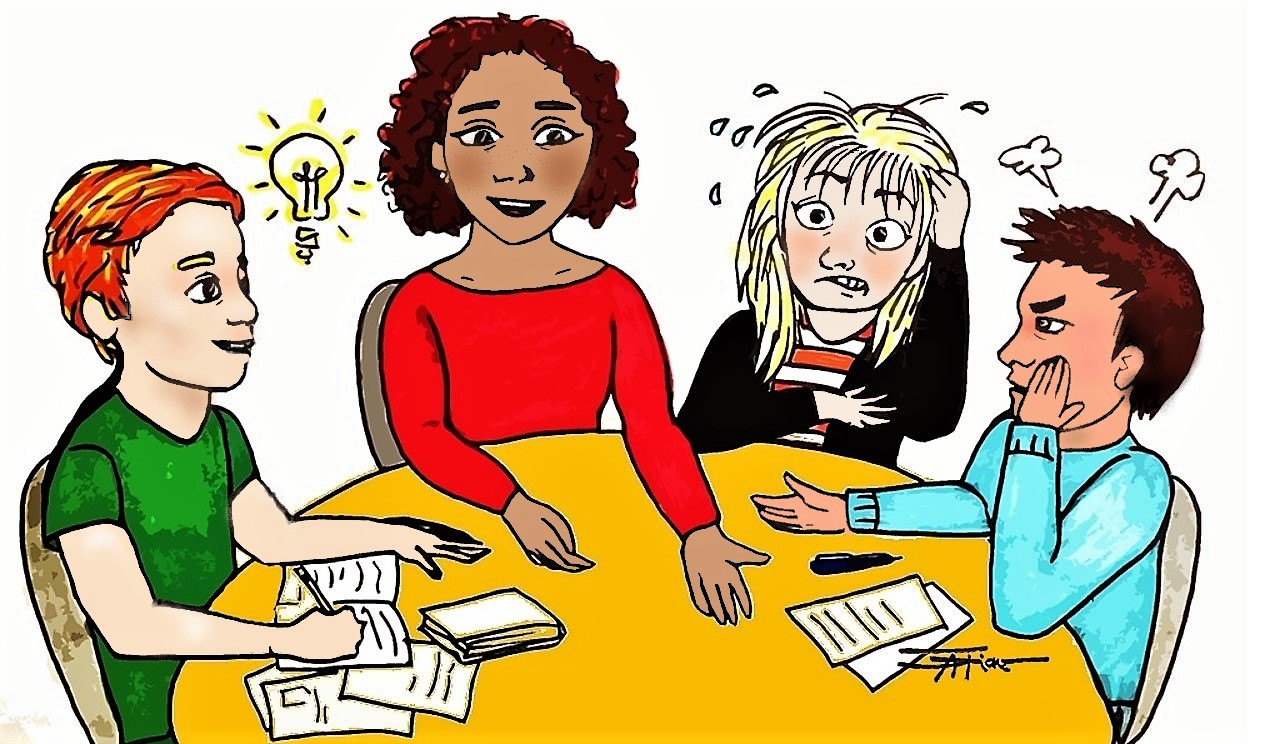For most students, working solo from the comfort of their bed is infinitely more appealing than trudging to a Cybertech pod on Sunday morning to meet their peers for a group project. However, despite the added challenges, collaborative projects can be some of the most rewarding assignments both in terms of academics and life skills.
On Feb. 12, Times Higher Education released an article covering a 2017 study by Bart Rienties, professor of learning analytics at The Open University, that found student satisfaction was unrelated to academic success. Specifically, the study noted that students were more likely to succeed academically when working in groups, yet enjoyed collaborative learning less. The 111, 256 study participants overwhelmingly preferred working alone; however, as Rienties points out, working with others is an invaluable part of education.
When incorporated thoughtfully, group work enhances university curricula. Although student qualms deserve to be heard, frustration—due to logistics or collaborative clashes—is simply part of the group work package. Thoughtfully-planned assignments and fair, reflective grades ensure that group work contributes positively to student learning.
Group projects develop skills that students can gain from individual work that will benefit them at McGill and after graduation. Coordinating time schedules and assigning tasks among group members may be hectic, but the organizational skills that group projects require hold value at jobs across the board. Being able to effectively manage the added variables that come from working with others is a crucial skill for many careers.
In most jobs, group work isn’t just common, it’s inevitable. Careers in business immediately come to mind: In the era of communicative technologies, cross-company collaboration is the new norm. Many studies find that employee collaboration sparks creativity, and pooling knowledge and skill sets leads to a better product than individual work. Other fields, like medicine and law, also heavily rely on teamwork. Professionals on surgical teams and legal teams require the capacity to work effectively with others on an assignment in order to get their job done.
Moreover, working with others pushes students to think flexibly and teaches crucial problem-solving skills. Exposure to different personalities can also boost creativity and empathy, and generally help to practice keeping an open mind. Unlike individualistic work, when students work together they seek outcomes that benefit not only themselves, but other group members. This change in motivation promotes empathy. Further, gaining exposure to classmates’ different modes of thought helps students see beyond their own point of view. For example, when trying to select the most important aspects of a topic to share in a presentation, students’ differing views may boost new perspectives in fellow group members. Additionally, contrasting mindsets have the added benefit of fostering creative friction within a group, meaning opposing ideas can pull out unique new interpretations.
While juggling numerous schedules, booking rooms in the library, and compromising on great ideas can be frustrating, these annoyances are simply part of the challenge of developing collaborative abilities. No new skill comes effortlessly, and working effectively with others is no exception.
Dissatisfaction from logistical challenges is one thing, but another source of common student discontent with collaborative work—the possibility of unfair grading—presents a genuine reason to reconsider evaluation methods. Group projects aim at bringing different minds together to create a collective product. However, a single product should not be conflated with a reason to assign a single grade, as is often the approach in faculties like Arts where group work is the exception, not the norm. Although being rewarded or punished as a group is part of collaborative work in life, students’ marks often play a large role in determining their futures. Marks should reflect student contributions, and professors are responsible for ensuring that individuals are recognized accordingly. Effective grading systems requires team feedback sheets—indicating who did what—or anonymous responses from group members to help gauge what mark each student merits. Collaborative assignments should be a chance for students to learn from each other, not an opportunity for professors to homogenize individual student capacities and contributions.
Student frustration with group projects is part of learning to work effectively with others—an invaluable skill for life beyond university. When effectively managed, collaborative work adds a beneficial dynamic to learning environments.










Spot on! I am yet to see an aspect of life where teamwork is not the rock and backbone of not only its existence and functionality, also its sustainability.